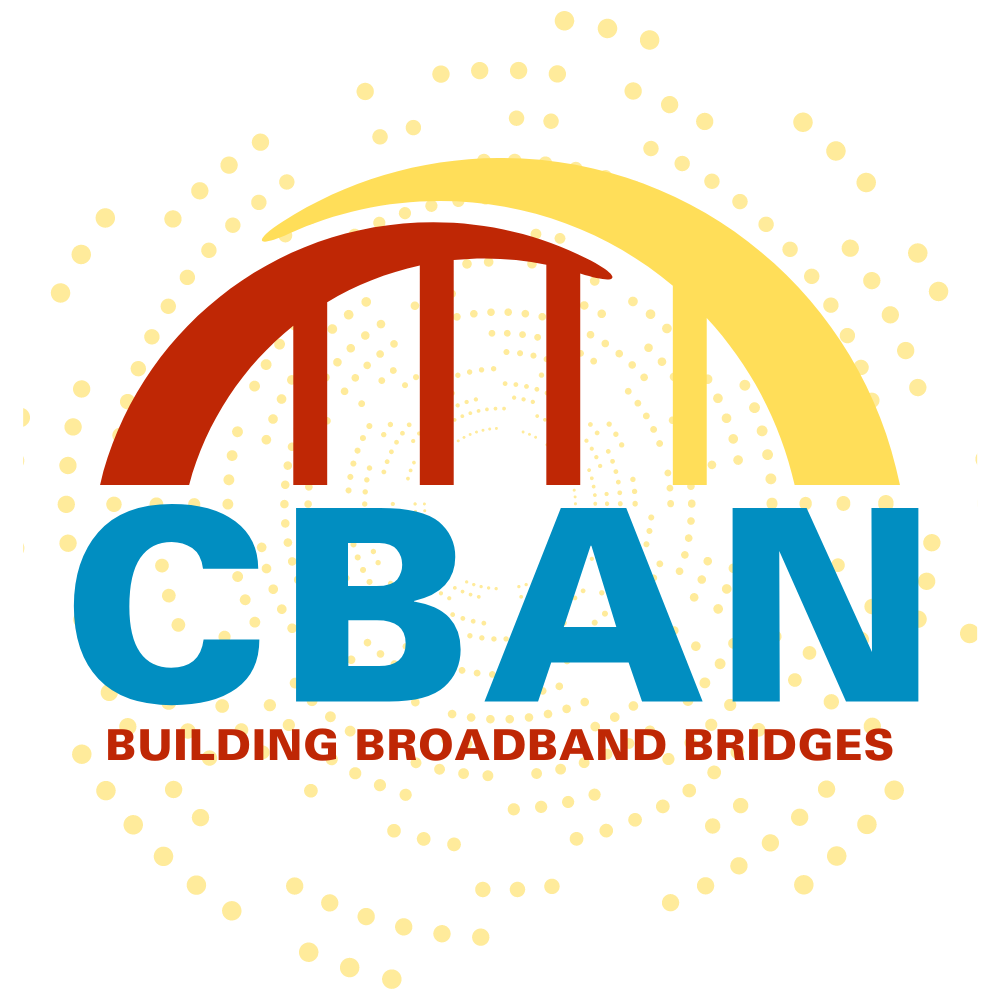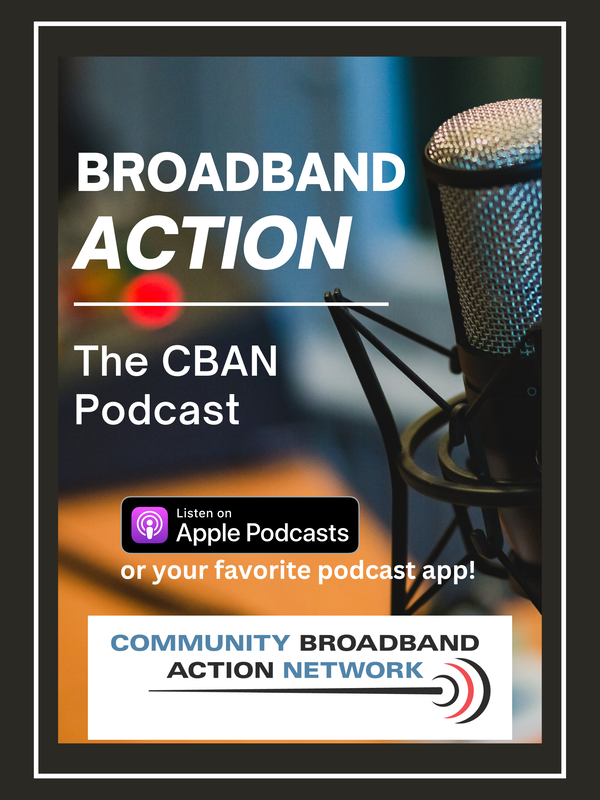CLICK HERE to read the article on the Consumer Reports website. You may be required to have a subscription to see all the information.
0 Comments
The recent Supreme Court ruling in the Chevron case has profound implications for the Federal Communications Commission's (FCC) ability to implement and enforce Net Neutrality regulations. The ruling centers on two key legal principles: the limitation of Chevron deference and the reinforcement of the major questions doctrine. Chevron Deference Chevron deference is a legal principle that compels courts to defer to a federal agency's interpretation of ambiguous statutes that the agency administers. Traditionally, this deference allowed the FCC to interpret the scope of its regulatory authority under the Telecommunications Act broadly, including implementing Net Neutrality rules. Impact on Net Neutrality:
Major Questions Doctrine The major questions doctrine holds that courts should not defer to agencies on issues of vast economic and political significance unless Congress has clearly delegated such authority. This doctrine was a central point in the Supreme Court's ruling. Impact on Net Neutrality:
Overall Impact The Supreme Court's ruling fundamentally alters the FCC's regulatory landscape:
Conclusion
The Supreme Court's Chevron ruling restricts the FCC's interpretive authority and requires explicit congressional authorization for major regulatory actions. This significantly hampers the FCC's ability to implement and enforce Net Neutrality rules, posing a substantial challenge to maintaining an open and equitable internet.  We love it when CBAN members come together to make good things happen! That's the case in Clinton, Iowa where CBAN provider member Miles Communications has recently finished the first two phases of a fiber network connecting all of the City, School, and County buildings in the eastern Iowa community. According to a news release on the City of Clinton website, Miles Communications will be extending their fiber optic network throughout the City from 2024-2028 in a 5 phased approach. The plan is to run 90 miles of underground fiber optic cable and reach areas that show a genuine want for being connected. The estimated total investment is around $30 million. The project is funded locally by Clinton National Bank, Citizens First Bank, and First Central State Bank. Just another example of how "community-first" broadband companies are solving connectivity issues across America!
News release provided by CBAN provider member ImOn Communications ImOn Communications, a leading provider of high-speed Internet services across Iowa, will soon begin the construction phase of Marshalltown’s 100-percent fiber Internet network. Earlier this year, ImOn announced that the company would be bringing residential and business fiber Internet services to the City of Marshalltown. Since then, ImOn’s network engineers havebeen busy working with city officials and designing the network. ImOn plans to begin the construction phase of the fiber network this summer. The new network will be fiber-to-the-home, meaning each address will have its own individual fiber cable connecting it to the larger network. Residents will soon see ImOn trucks and construction crews in their neighborhoods. Each resident will receive a letter in the mail and a door hanger notification before construction starts in their area. “Our team is eager to begin work on our Marshalltown network,” said Patrice Carroll, President and CEO of ImOn Communications. “Through our collaboration with city officials, conducting our own market research, and talking with residents, we know there’s a desire in the community to have more choices for Internet providers. We’re excited to be that alternative and to make fiber widely available in Marshalltown for the first time.” After construction is complete, Marshalltown homes will have access to download and upload speeds as fast as 1 Gigabit per second (Gbps). Marshalltown businesses will have download and upload speeds up to 10 Gbps available. The first customers are expected to begin receiving service in early fall of 2024. For more information about ImOn Communications’ expansion efforts, please visit www.imon.net/expansion. For updates on fiber construction progress in Marshalltown, follow ImOn on Facebook at www.facebook.com/ImOnCommunications. About ImOn Communications: Headquartered in Cedar Rapids, Iowa, ImOn Communications is a leading broadband provider delivering ultra-high-speed, reliable Internet, TV, and phone services to residential and business customers. ImOn’s growth over the past decade is thanks to its commitment to offering the latest in high-speed broadband technology and delivering the highest level of customer service while making an impact in the communities it serves one connection at a time. For more information regarding ImOn Communications, visit www.ImOn.net. Contact: Eric Ungs, Brand Manager (319) 200-7824 [email protected]  By Jon Willow, CBAN Co-Founder After almost two years of vague guidance on when and how to prepare for the upcoming state- and NTIA-initiated grants for digital equity, the floodgates appear to be opening. States are starting to roll out RFPs for their digital equity capacity grants, and now that Nevada has received its capacity grant funds and triggered the 30-day clock, the NTIA’s federal digital equity Competitive Grants will drop before the end of July. But the NTIA and states aren’t the only bodies with funds available to support broadband expansion and equity. The USDA has opened a $25 million Broadband Technical Assistance (BTA) grant for infrastructure to unserved rural areas. Its stated purpose is “to help local organizations, cooperatives and Tribes expand affordable, high-speed internet projects in rural communities.” CBAN’s Curtis Dean and Jon Willow sat down this week with USDA representatives for Iowa and Missouri to learn more about the specifics. With an application deadline of August 20, 2024, time is of the essence. To help you decide where your team’s energy is best spent, here are some key takeaways from that meeting.
From the USDA: The BTA program provides funding to help communities and organizations receive or deliver broadband technical assistance and training that will expand high-speed internet into rural and Tribal communities. This includes providing funding for feasibility studies, network designs, hiring efforts, application development assistance and more. Under the Technical Assistance Providers category, applicants must propose to deliver broadband technical assistance that will benefit rural communities. Up to $15 million is available. The minimum award is $100,000. The maximum is $1 million. Under the Technical Assistance Recipients category, applicants must be the recipients of the broadband technical assistance. Up to $10 million is available. The minimum award is $50,000. The maximum is $500,000. Applications must be submitted electronically using Grants.gov no later than 11:59 p.m. Eastern Time on August 20, 2024. The USDA’s Rural Development Agency will host upcoming information sessions for the Broadband Technical Assistance grant: Broadband Technical Assistance (BTA) Notice of Funding Opportunity (NOFO) Overview Webinar | Wednesday, July 17, 2024 1:00-2:30 p.m. ET | Registration Broadband Technical Assistance (BTA) Ask me Anything (AMA) Webinar | Wednesday, July 31, 2024 1:00-2:30 p.m. ET | Registration CBAN associate member WIN Technology has acquired Digicorp effective July 1, 2024. Digitcorp, founded in 1976, is a leading IT, cybersecurity, telephony, and structured cabling provider service Wisconsin and northern Illinois. From WIN Technology Website: "This acquisition will allow us to accelerate the delivery of cutting-edge digital infrastructure and IT products and services to our customers. Welcoming Digicorp to WIN Technology expands our talent base and diversity of service offerings. Our combined company will deliver extensive digital infrastructure expertise to healthcare, manufacturing, financial services, government, education, agriculture and many business services enterprises. We look forward to the union of our strong teams and a bright future ahead." CLICK HERE to read more about the transaction.
Last week, Gigi Sohn with the American Association for Public Broadband (AAPB) gave a presentation in San Antonio at an event called Eco-Bytes: Weaving the Digital Opportunity Web. Her remarks do a remarkable job of outlining why the community-based broadband networks are worth the effort and investment.  Sohn urged city officials and residents to consider building a city-owned broadband network. She highlighted the essential nature of affordable, high-speed internet for societal participation and economic justice. Despite high costs and potential opposition from incumbent providers, Sohn emphasized that community networks could eventually pay for themselves, offer significant savings through smart city applications, and address connectivity disparities. She cited successful examples like Pharr, Texas, and reassured support from the American Association for Public Broadband. To read Sohn's complete message on the Benton Institute website, CLICK HERE.
News release provided by ImOn Communications, a CBAN provider member ImOn Communications, a leading provider of high-speed Internet services across Iowa, is excited to announce the expansion of its 100-percent-fiber-optic network to Camanche, Iowa.
In 2024, ImOn plans to build out the city of Camanche, providing its ultra-fast fiber Internet service to both homes and businesses. “We are thrilled to be adding Camanche to our family of fiber communities,” said ImOn President and CEO, Patrice Carroll. “This expansion will give Camanche homeowners and business owners access to the fastest, most reliable Internet technology available, backed by high-quality customer service and dedicated community support from our team.” ImOn leadership has greatly appreciated the cooperation with the City of Camanche and looks forward to continuing the collaboration throughout the construction process. The ImOn team will continue to communicate with the appropriate city officials, as well as the broader community, to keep them informed of all construction plans. “Internet is a home essential in this day and age, whether it’s used for working, learning, entertainment, or connecting with friends and family,” said Camanche Mayor Austin Pruett. “As mayor, I am excited that ImOn is willing to bring its fiber network to our community as another option for Camanche residents and businesses.” Once service is live, Camanche homes will have access to Internet speeds up to 1 Gigabit per second, and businesses will have access to Internet speeds up to 10 Gigabits per second. Both residential and business services will be powered by ImOn’s extremely reliable network. Camanche is the sixth metro service area to be added to ImOn’s advanced fiber network. Founded in Cedar Rapids in 2007, ImOn’s service area has grown rapidly over the last five years to include the Cedar Rapids metro, Iowa City metro, Dubuque metro, and the Siouxland area, which surrounds Sioux City. Earlier this year, ImOn announced plans to expand its fiber network to Marshalltown, Iowa in 2024 as well. For more information about ImOn Communications and its services, please visit www.imon.net. The National Telecommunications Information Administration (NTIA) is hosting a webinar on Thursday, June 27, 2024 from 2:00pm-3:00pm ET on how rural communities can address digital equity in their areas.
Broadband connectivity can help small and rural communities become more economically competitive and create opportunities for sustained and prosperous growth. This webinar will look at the unique challenges small and rural communities face and innovative solutions that are improving access and digital equity in these communities. CLICK HERE to register for this free webinar!  In the latest edition of Member Spotlight, CBAN's Curtis Dean chats with Matt Dannehl with RLM Underground, a CBAN associate member. RLM Underground offers expertise in underground and aerial construction as well as small cell and engineering projects. In leading the forefront of telecom construction by building loyalty, relationships, trust, we believe that our clients’ needs are paramount and are therefore dedicated to working closely as partners throughout the entire project. CBAN wants to thank RLM Underground and all of our associate members for supporting our work! |
Broadband Bytes NewsPresented by the Community Broadband Action Network and curated by Curtis Dean. Archives
July 2024
Categories
All
|






 RSS Feed
RSS Feed
